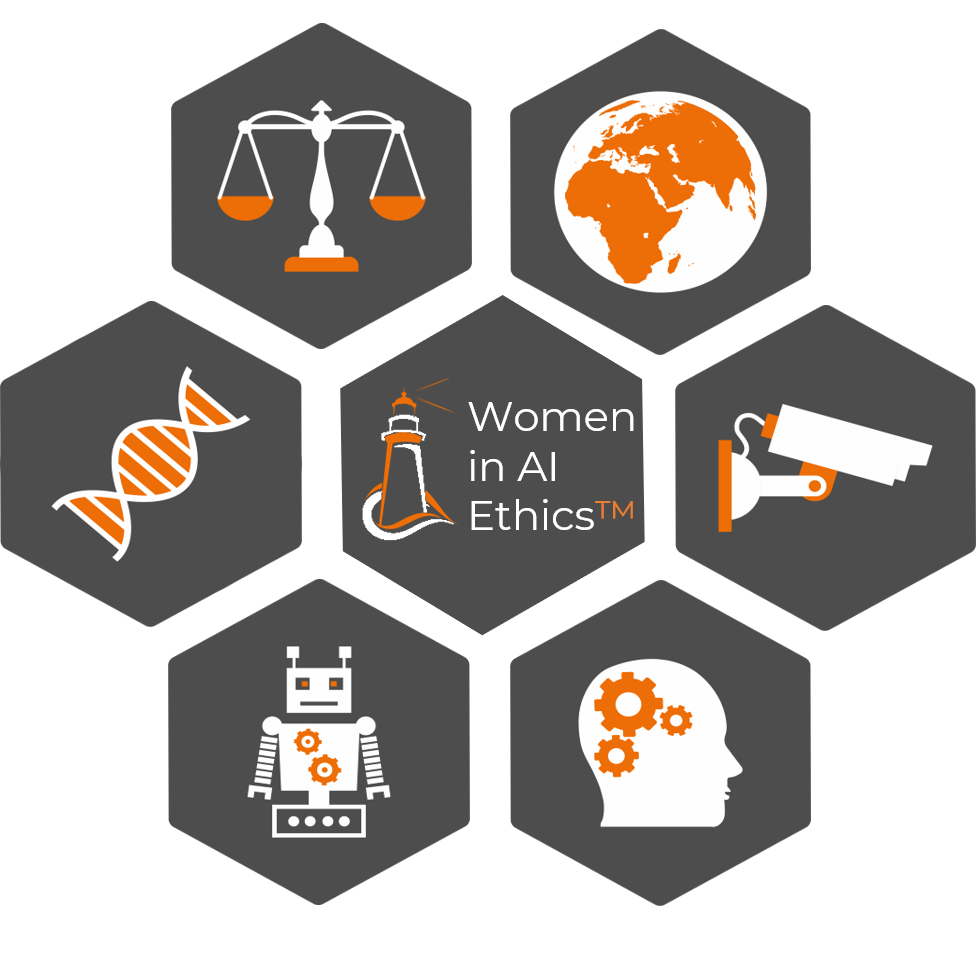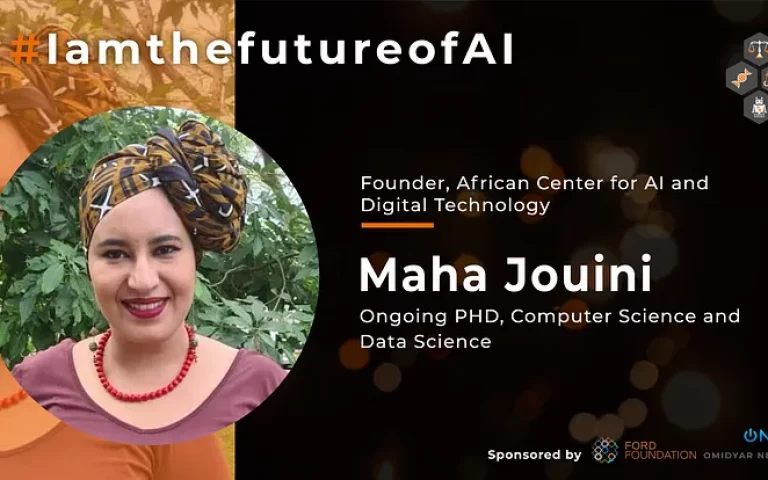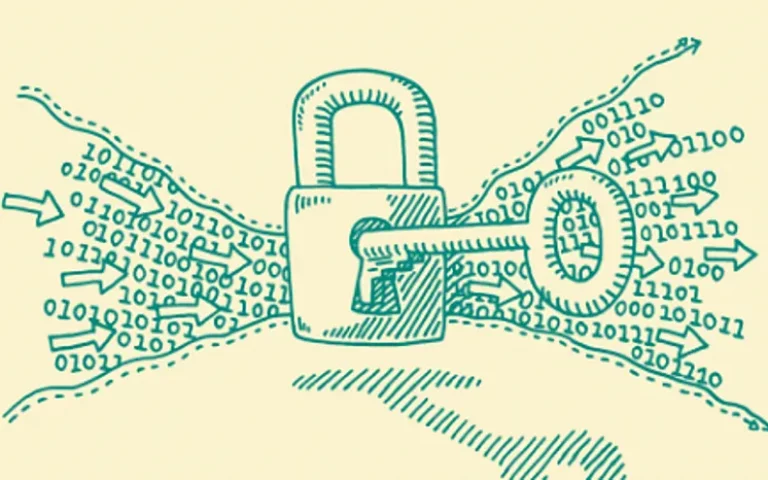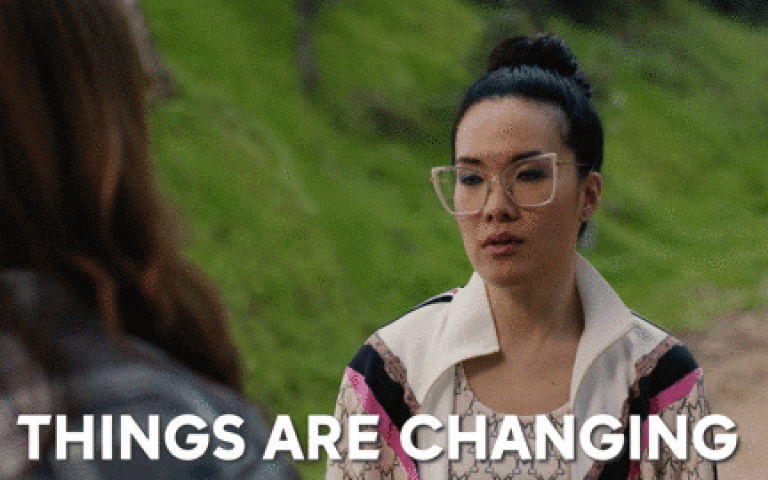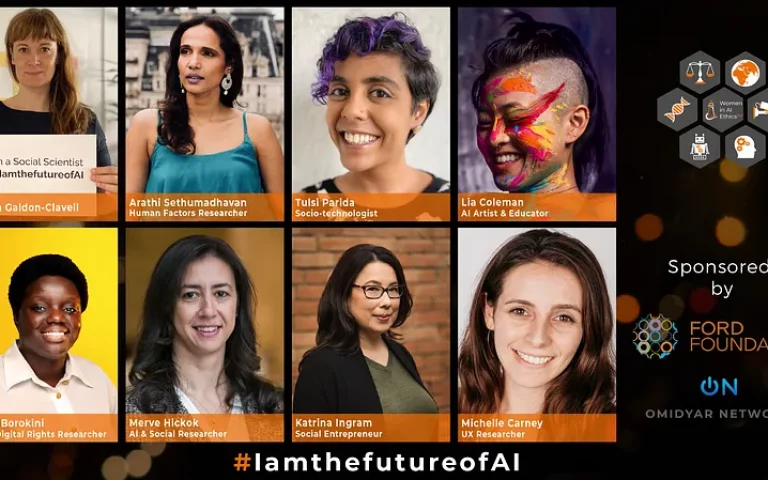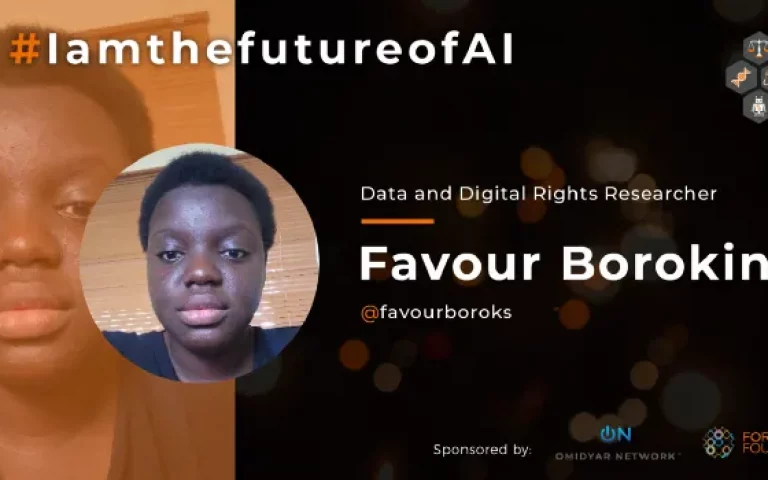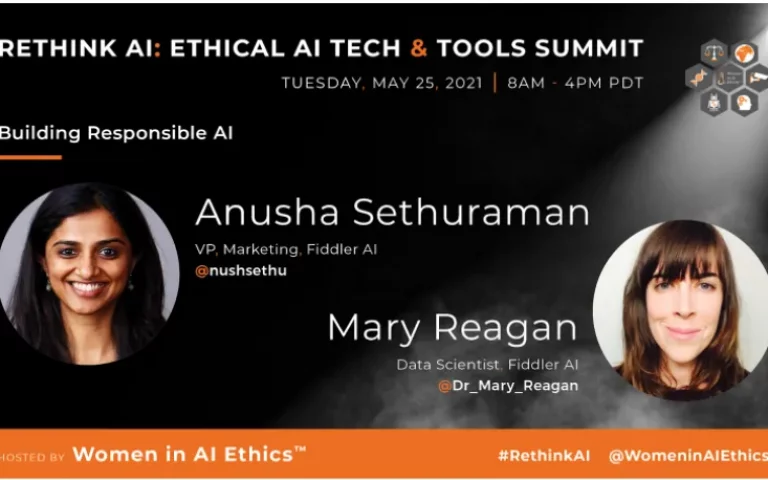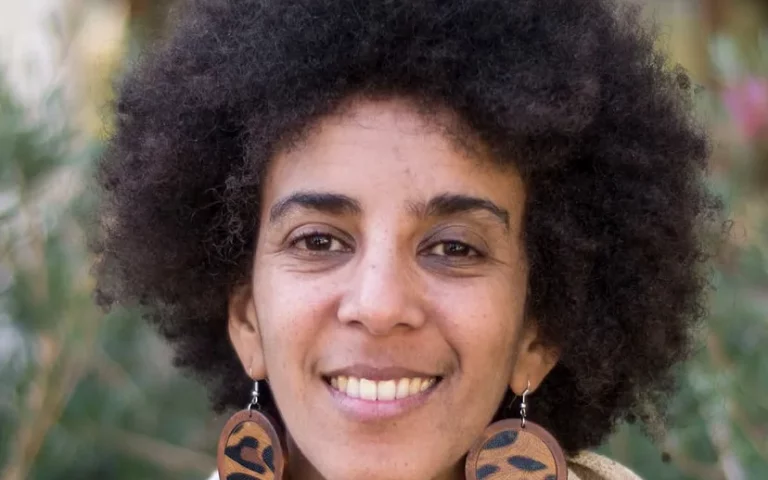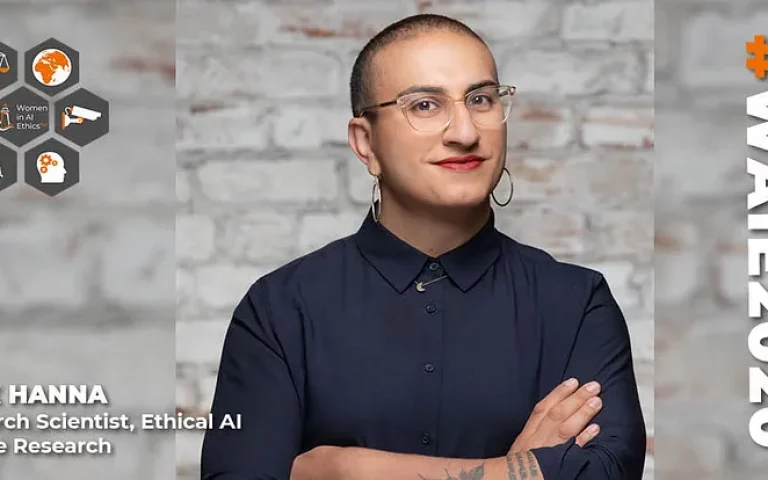
Photo by Greg Rakozy on Unsplash
Last week, Basecamp co-founder reminded everyone that tech is still a very insular place with his announcement that discussion of social issues were a “major distraction” and banned all “societal politics” discussions from their workplace. At a time when hate crimes against minorities are surging, asking employees to shed their identities and deny their lived experiences is horrifyingly tone deaf and self-serving.
Basecamp founders aren’t the first to shove uncomfortable conversations into the “societal politics” bucket. Coinbase CEO wrote the playbook for his entrepreneurial brethren when he announced, during the peak of racial justice protests in the United States, that the pre-IPO startup would give minimal space to “societal issues”. This “Stop thinking and keep working” response is all too common in an industry viewed through the narrow lens of privileged white men who dominate the tech industry and are unwilling to acknowledge the complexities of a changed world. As one Basecamp employee described it to Casey Newton, “They really don’t care what employees have to say. If they don’t think it’s an issue, it’s not an issue. If they don’t experience it, then it’s not real.”
In a world, where money flows from wealthy backers and investors to those ever willing to sacrifice worker well-being at the altar of profits, these shut-downs will continue to to be the norm. The “anti-diversity” champions didn’t waste any time in using Coinbase CEO’s massive post-IPO fortune as vindication for his “stance against wokeness” as if the wealthy tech bosses weren’t already the poster children for privilege and self-selection bias.
A handful of successful underrepresented founders can’t undo the racial and gender inequity of an entire system dominated by the priorities of white men and token diversity hires are no match for a powerful privileged network. However, there are a number of promising solutions on the horizon that should give us hope that a more diverse, inclusive, and ethical tech future is possible.
Last month, the Federal Trade Commission (FTC) reminded the tech industry that they would be held accountable for any unethical and discriminatory outcomes from their tech solutions. FTC commissioner, Rohit Chopra followed up with strong statement to Congress that shows a willingness to pursue meaningful accountability measures against big tech violators. These developments may strengthen protections for whistleblowers, especially those from marginalized communities like Dr.Timnit Gebru who was fired when she and her colleagues tried to raise awareness about ethical issues.
There is a growing movement among tech users who are proactively weaning themselves off their big tech addiction and switching to more ethical alternatives like DuckDuckGo and others. These recent incidents have also renewed support for unions as hundreds of Google employees unionized in the aftermath of increasing retaliation against outspoken critics but these still remain a rarity in Silicon Valley.
Lawmakers are also demanding answers from tech companies on their push to silence ethical voices within their organizations. U.S. Senator Amy Klobuchar who is leading an anti-trust effort to rein in monopolistic power in the tech industry said in an interview with Nilay Patel, “if you believe in capitalism and you believe in tech, and you actually want to keep those small companies going and not just all be purchased and squashed out in some ways of their entrepreneurship, then you better apply the antitrust laws.”
Coding schools and reskilling initiatives can be a game changer but only if they are not deployed to increase the supply of cheap labor for tech companies but rather to empower marginalized groups to build ethical alternatives to toxic tech. Omidyar Network has stepped up to sponsor Logic School, an online experimental school for tech workers based on the theory of change and its philosophy is summed up as, “We believe the people who make the tech industry run — its workers — have the power to transform it.”
Mozilla is also commissioning more ethical technologies by diverse founders, including The Future of Memory project to highlight “the tensions that emerge when corporate platforms around the world have centralized power over speech online, and deploy automated moderation systems that prioritize profit over care.”
The American Civil Liberties Union (ACLU) is supporting a ban on facial recognition technology, not only because it fuels discriminatory surveillance, but also because it jeopardizes everyone’s privacy and civil liberties. Access Now resigned from the Partnership on AI as they found that “there is an increasingly smaller role for civil society to play within PAI.” They also realized that “PAI had not influenced or changed the attitude of member companies or encouraged them to respond to or consult with civil society on a systematic basis.”
Change is coming. While many in tech are normalizing the unethical, defending the indefensible, dismissing diverse voices, and profiting from worker exploitation, it’s time to elevate the voices of those fighting this imbalance of power by including more diverse voices and accelerating the development of ethical technologies. The battle to save humanity from the dark side of tech is only just getting started.
Join us on May 25th to meet multi-disciplinary experts from Mozilla Foundation, Omidyar Network, ACLU, Access Now, DuckDuckGo, Dataiku, and many others building ethical technologies and tools for more diverse, inclusive, and ethical tech future. Be part of this unique opportunity to connect with others around the world who are daring to rethink AI as a force for good and not merely as means for maximizing power and wealth for a privileged few.
